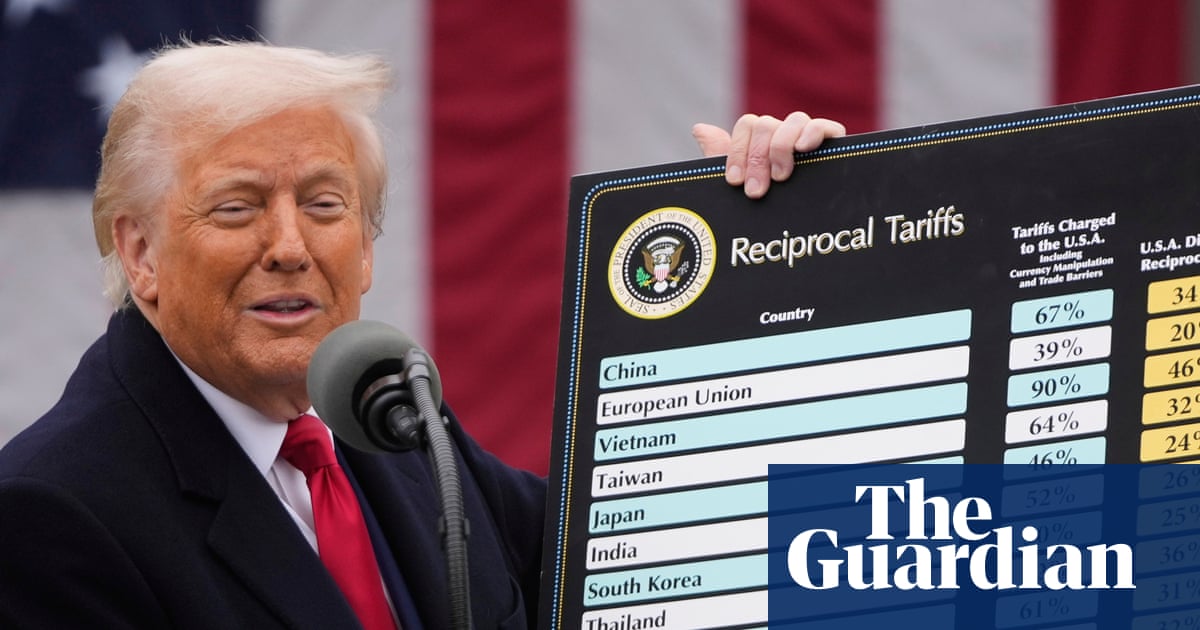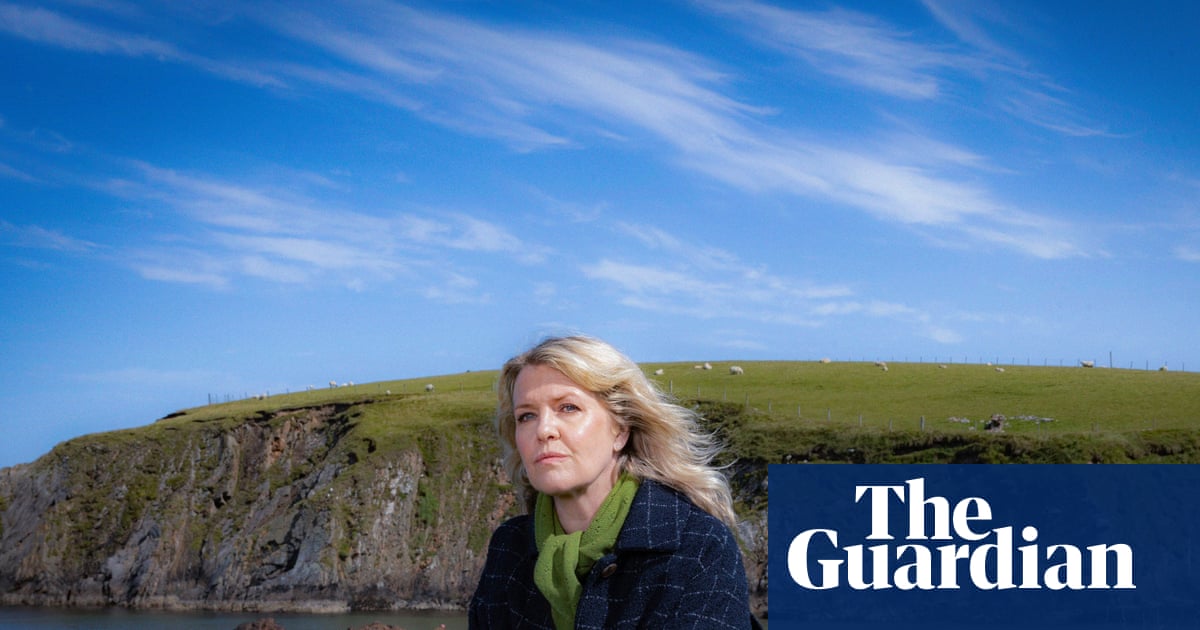Keir Starmer is facing serious questions about his political judgment after he was forced to sack his US ambassador Peter Mandelson over his friendship with Jeffrey Epstein.
In the second damaging departure for the government in a week, the prime minister withdrew support for Lord Mandelson over emails to Epstein from 2008 suggesting his sentence for soliciting a child for prostitution should be challenged.
The scandal comes at a disastrous time for Starmer ahead of Donald Trump’s state visit to the UK next week. He is also facing an internal Labour battle over the deputy leadership after his deputy prime minister, Angela Rayner, had to resign last week over her tax affairs.
While No 10 was hoping the sacking would show decisive action by the prime minister, Starmer quickly became the focus of criticism over his decision to appoint Mandelson in spite of warnings about his chequered past and his defence of the US ambassador up until Wednesday.
The prime minister was also urged to clarify whether there were concerns from security officials about Mandelson, after Sky News reported that red flags were raised by intelligence services in the vetting process. It is understood that any concerns about security were likely to have been contained in a risk assessment from government officials, rather than from the intelligence agencies.
However, another government adviser said they had raised informal doubts within Whitehall about Mandelson’s 2005 association with Russian oligarch Oleg Derispaska but said they were reassured that he was a good appointment because he was “such a master of the dark arts”.
Some Labour MPs are furious about yet another political blunder in the week after Rayner’s resignation, with a number of them angered by what they regard as the influence of Morgan McSweeney, Starmer’s chief of staff, who is known to be politically close to Mandelson. One Labour MP described it as a “boys club sticking up for their own” and another suggested that some in No 10 “think it’s OK for their mates to do bad things”.
However, Harriet Harman, the former Labour deputy leader, suggested the blame lay with Mandelson, and said it was “shameful” that the politician had put himself forward for the job knowing that such emails had been written and that there was more to come out about their friendship.
Downing Street said on Thursday that Starmer had found the new emails expressing love for Epstein and urging him to challenge his sentence “reprehensible”.
No 10 also insisted that it had not been responsible for vetting Mandelson and stood behind the decision to defend the US ambassador even though it was already known he had continued a friendship with Epstein after the conviction.
With Starmer yet to speak publicly about Mandelson’s sacking, the Conservatives called for a full release of documents in relation to his appointment and the Liberal Democrats urged the government to review its vetting procedures.
Ed Davey, the Lib Dem leader, called for Starmer to come to parliament to explain what he knew and when, while Kemi Badenoch, the Conservative leader, said: “Mandelson might have gone but, just as with Angela Rayner, Starmer dithered when he needed to be decisive. Time and again he puts party above country. He has no backbone and no convictions.”
The SNP’s Westminster leader, Stephen Flynn, said Starmer’s “judgment, his reputation and his authority are now on the line”.
Announcing the sacking, a Foreign Office spokesperson said: “In light of the additional information in emails written by Peter Mandelson, the prime minister has asked the foreign secretary to withdraw him as ambassador.
“The emails show that the depth and extent of Peter Mandelson’s relationship with Jeffrey Epstein is materially different from that known at the time of his appointment. In particular, Peter Mandelson’s suggestion that Jeffrey Epstein’s first conviction was wrongful and should be challenged is new information.
“In light of that, and mindful of the victims of Epstein’s crimes, he has been withdrawn as ambassador with immediate effect.”
Before Mandelson’s departure was announced, Wes Streeting, the health secretary, told an event that he was “completely disgusted” by messages Mandelson sent to Epstein and that his future was “a decision for the prime minister”.
Government sources said Starmer took the decision during a meeting with Yvette Cooper, the foreign secretary, on Thursday morning, after reviewing the new material on Mandelson’s defence of Epstein the previous night. It is understood Mandelson himself had not, until the leak, had access to the emails written in 2008 because they came from a long-deleted account.
Mandelson’s departure comes at a delicate time for No 10 as it prepares for a state visit by Trump, who is facing his own questions about his friendship with Epstein. It is understood that James Roscoe, the deputy head of mission in Washington, will be interim ambassador and supervise the visit.
Both David Miliband, a former Labour foreign secretary, and Catherine Ashton, a former EU commissioner, were previously on the shortlist for the US ambassador job. Karen Pierce, who held the job before Mandelson, is among those who could be asked to return, while another possible candidate could be outgoing MI6 boss Richard Moore.
Starmer is thought likely to choose an official rather than a politician this time, after the controversy over Mandelson.
On Wednesday at prime minister’s questions, Starmer backed Mandelson, insisting the ambassador had been fully vetted.
However, he faced overwhelming pressure to act after it emerged that Mandelson had told Epstein to fight for early release from jail as the disgraced financier faced an 18-month sentence for procuring a child for prostitution and soliciting a prostitute in 2008.
The emails were published by the Sun after circulating in Washington DC, hours after Mandelson admitted on Tuesday that more “very embarrassing” details of his friendship with Epstein would probably emerge. He insisted he had never witnessed any wrongdoing.
In an email from June 2008, which was not disputed by his spokesperson, Mandelson wrote to Epstein: “I think the world of you and I feel hopeless and furious about what has happened.
“I can still barely understand it. It just could not happen in Britain. You have to be incredibly resilient, fight for early release and be philosophical about it as much as you can.”
It continued: “Everything can be turned into an opportunity and that you will come through it and be stronger for it.”
The friendship between the two men came under a renewed spotlight earlier this week after Democratic members of the US House oversight committee released Epstein’s 50th “birthday book”, in which Mandelson called him “my best pal” in a handwritten note.

 1 month ago
64
1 month ago
64

















































